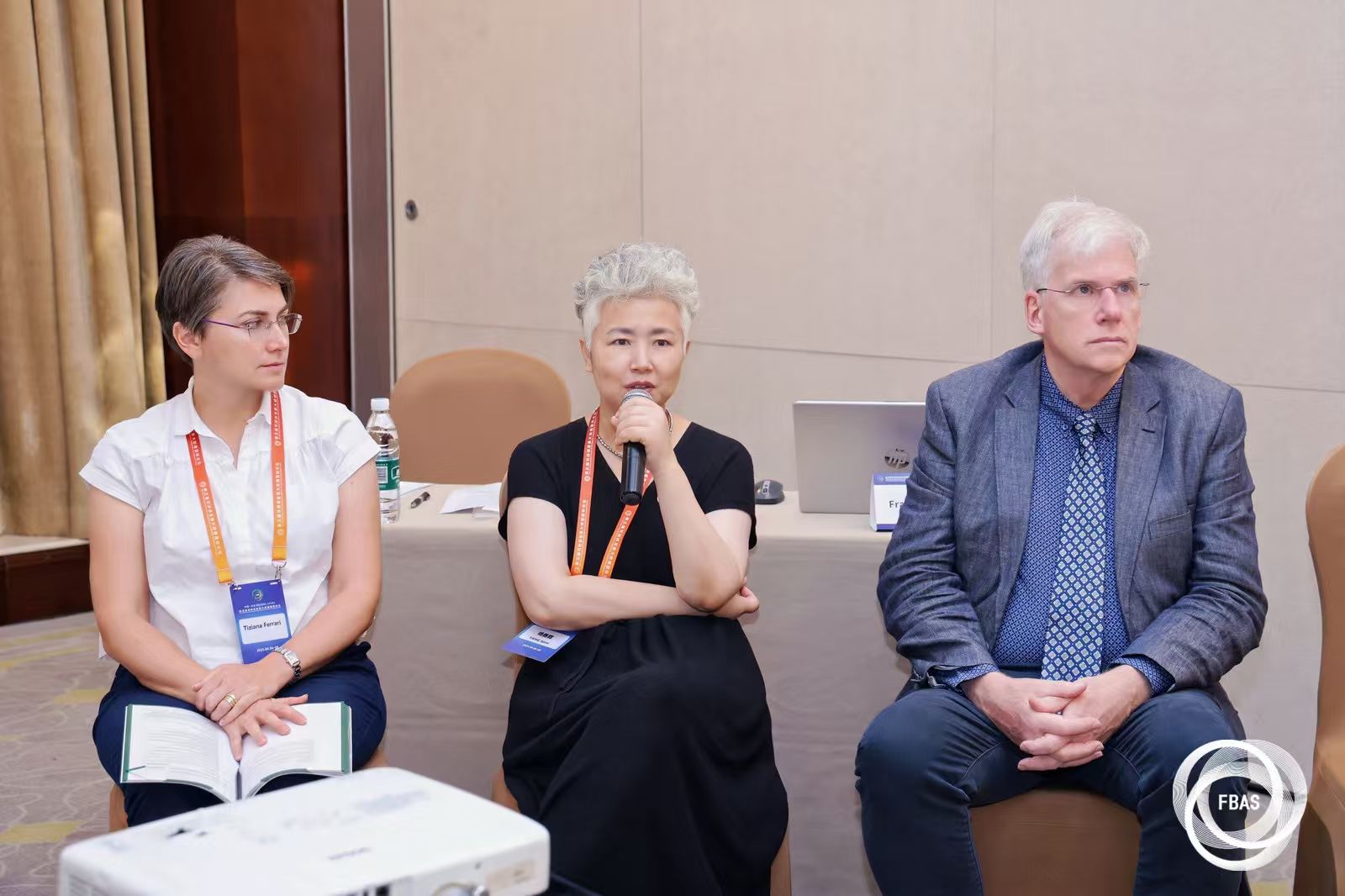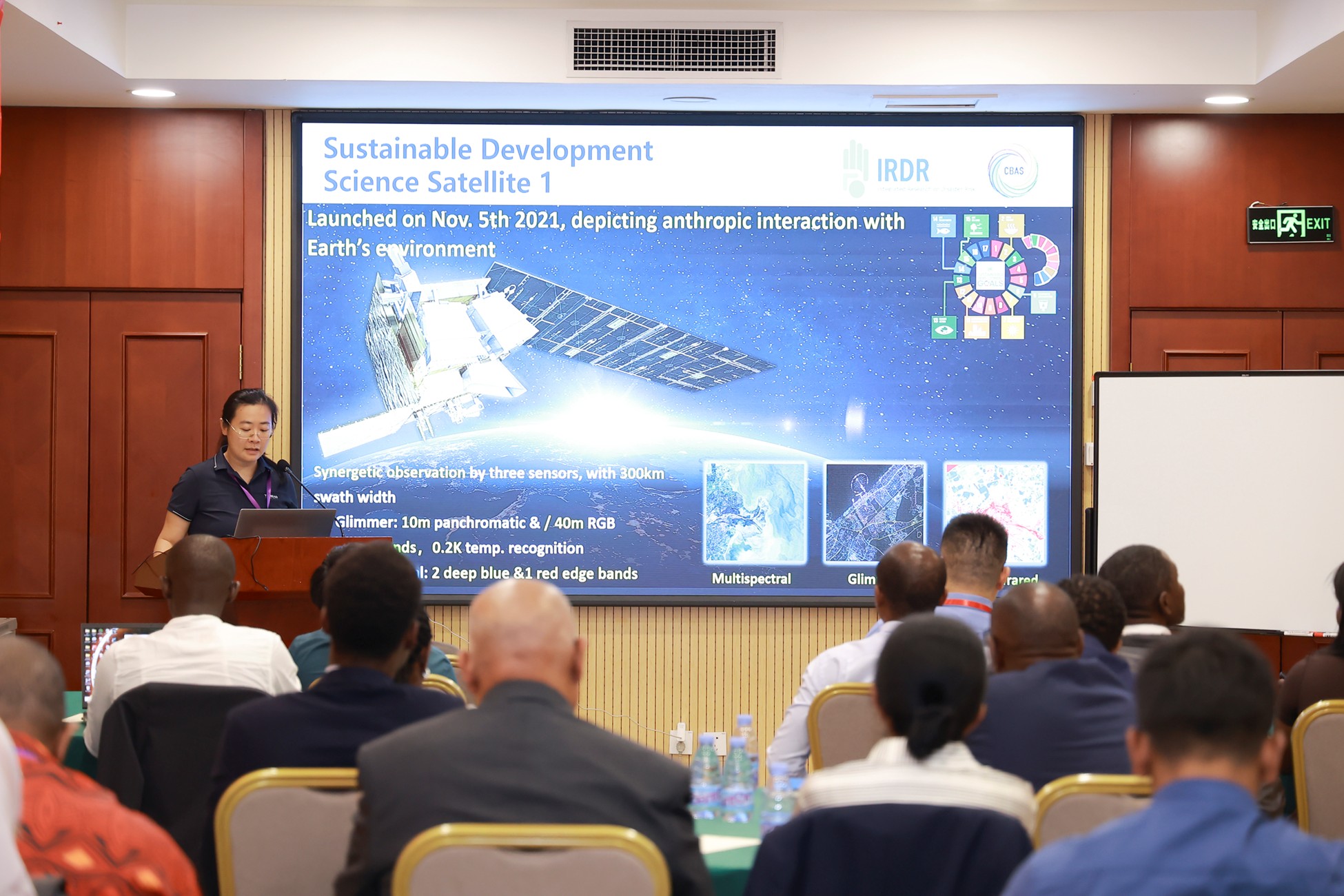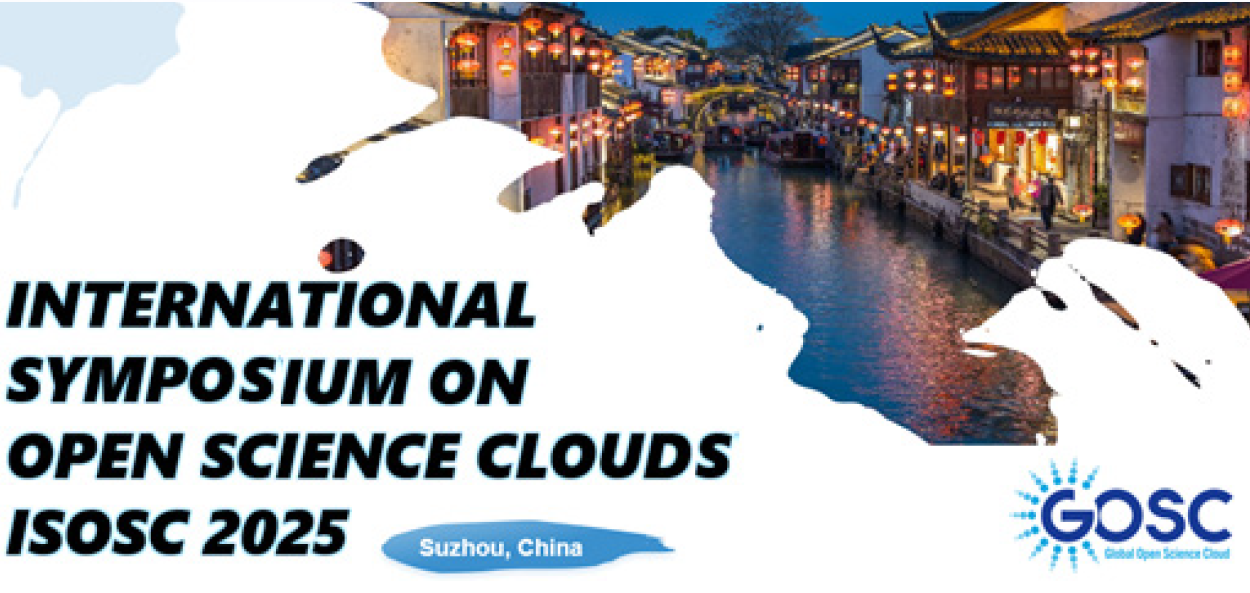APSTCDRR 2022 promoted the application of STEI in DRR and DRM
16 May 2022
Gathering more than 1,000 virtual participants and 150 physical attendees around the world, the 2022 Asia Pacific Science and Technology Conference for Disaster Risk Reduction (APSTCDRR) was held in a hybrid format on 7-8 April 2022 in Manila, Philippines. IRDR co-organised Technical Session 1: Science and Synergies: focusing on DRR, CCA and the SDGs.
The Asia Pacific Science and Technology Conference for Disaster Risk Reduction 2022 focused on:
- Share experiences on the use of S&T to address compound, cascading and systemic risk
- Foster exchanges on the contribution of S&T to inclusive risk governance
- Define the contribution of the Asia Pacific region to the implementation of global frameworks and roadmaps related to S&T for DRR
- Review the contribution of S&T in the region to the implementation of the Sendai Framework to be reflected in the Mid-Term Review of the Sendai Framework
The Conference released the Manila Declaration and the report Status of Science and Technology in Disaster Risk Reduction in Asia-Pacific.
Conference website: https://resiliencecouncil.ph/event/apstcdrr/
Download for the report: /pdf/knowledge_pool/publications/894
Related News & Events
26 September 2025
Integrated Research on Disaster Risk (IRDR) attended the 5th International Forum on Big Data for Sustainable Development Goals (FBAS 2025) as one of the supporting organizers.
25 September 2025
IRDR participated in Capacity Building Workshop for Small Island Developing States (SIDS) and demonstrated its steadfast commitment to enhancing resilience in SIDS.
25 September 2025
IRDR called for transformative governance frameworks to ensure open science clouds operate with inclusivity, ethics, and equity at their core.





